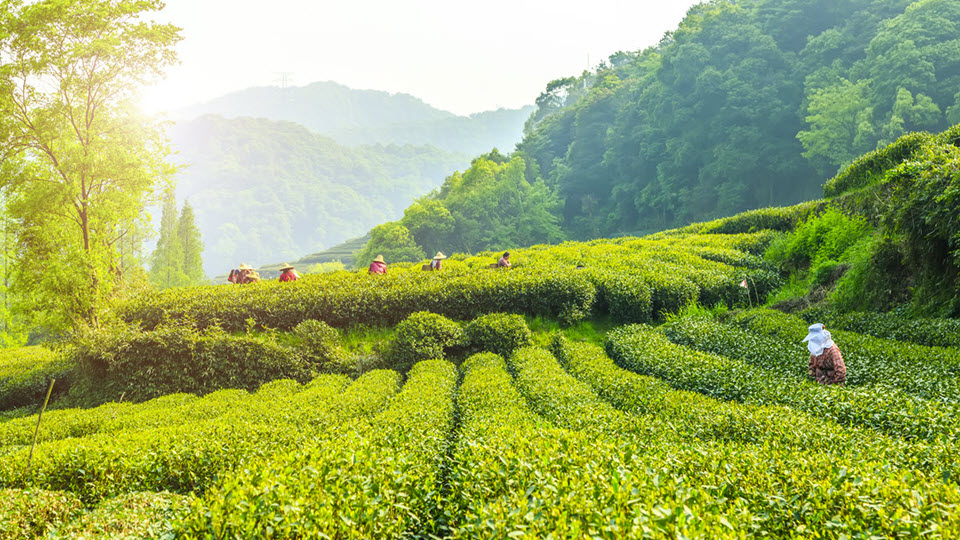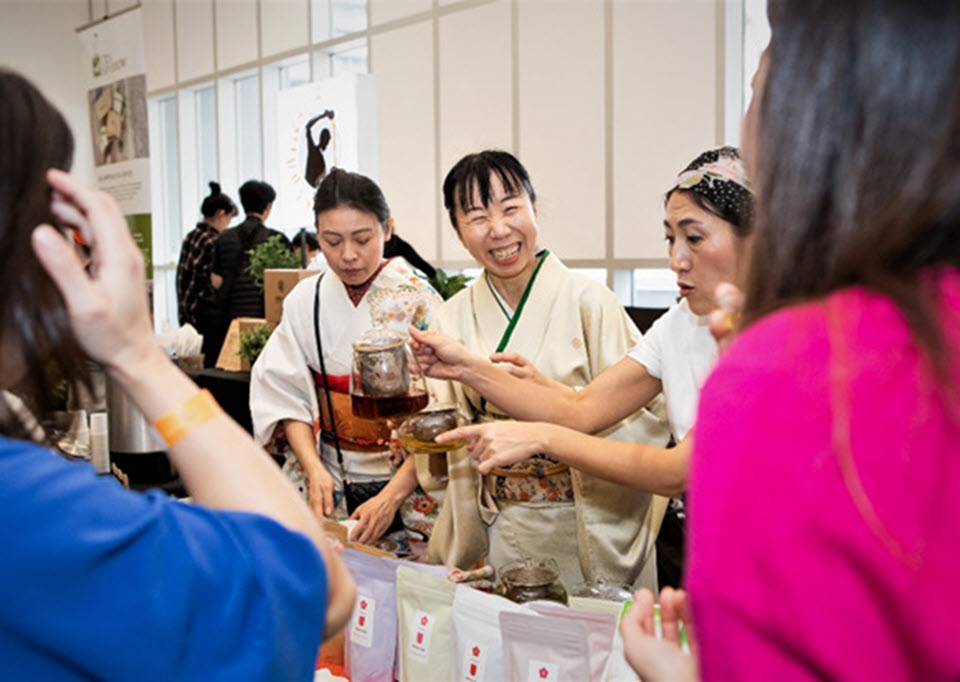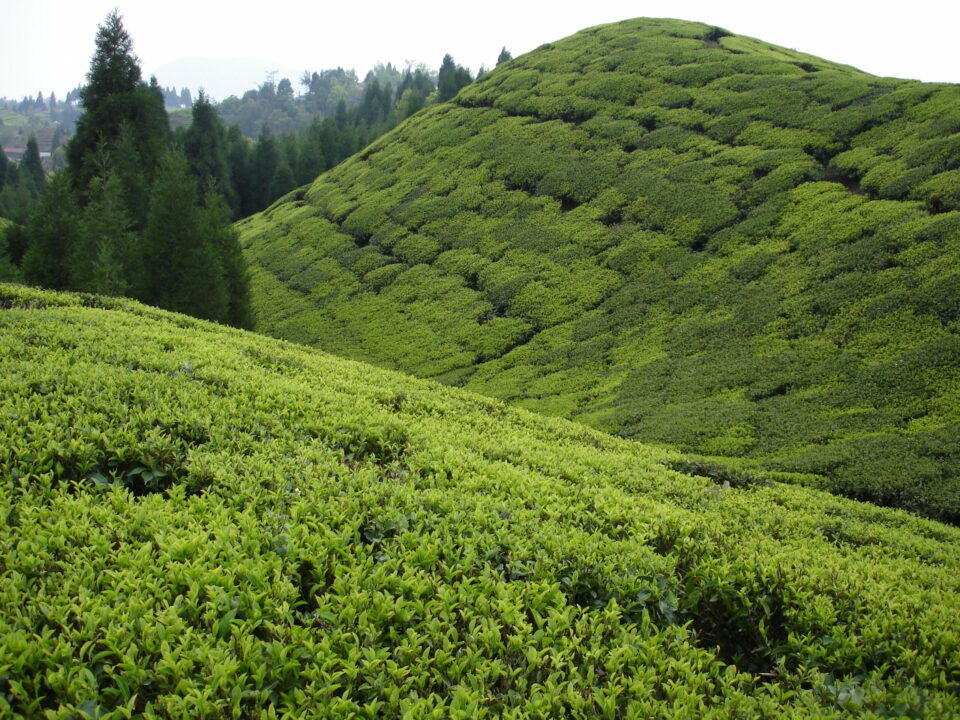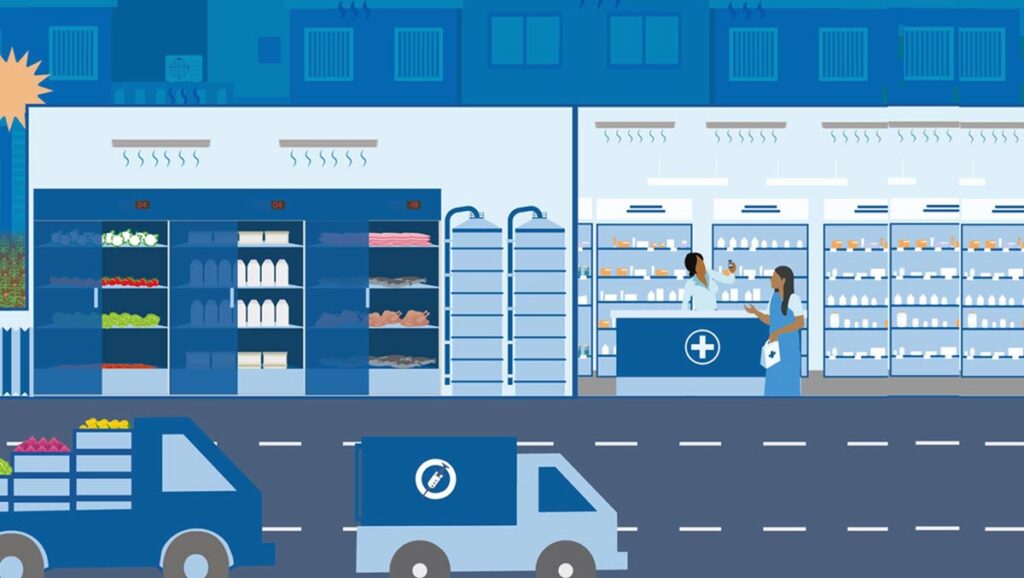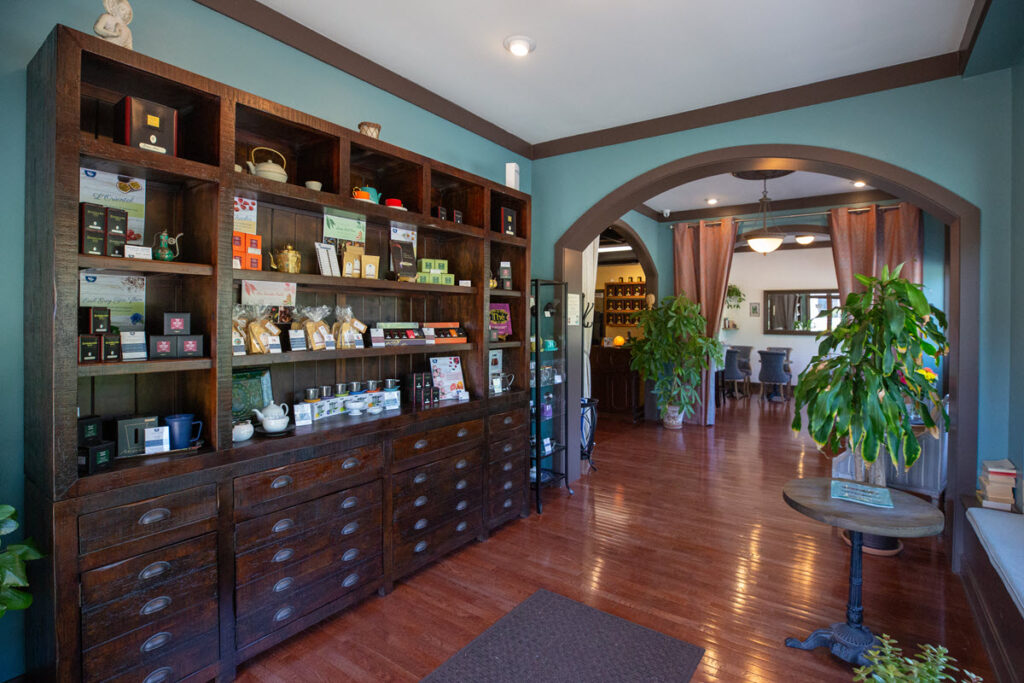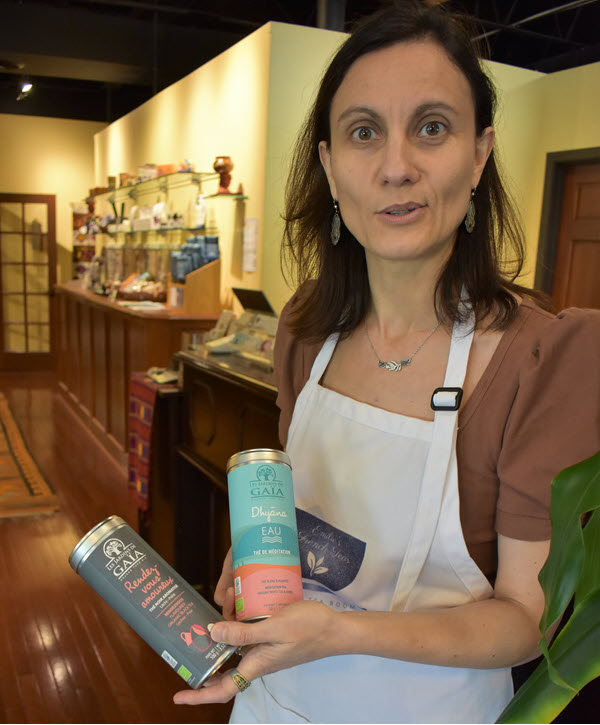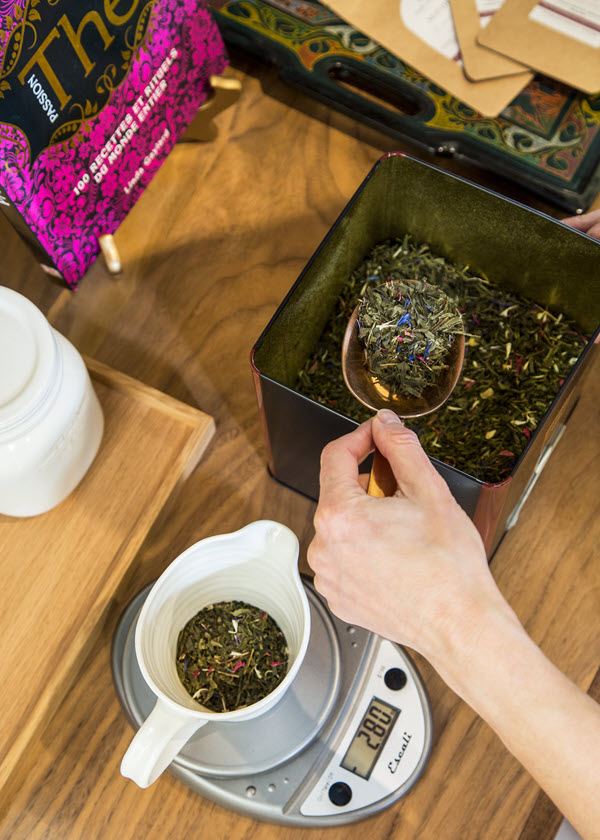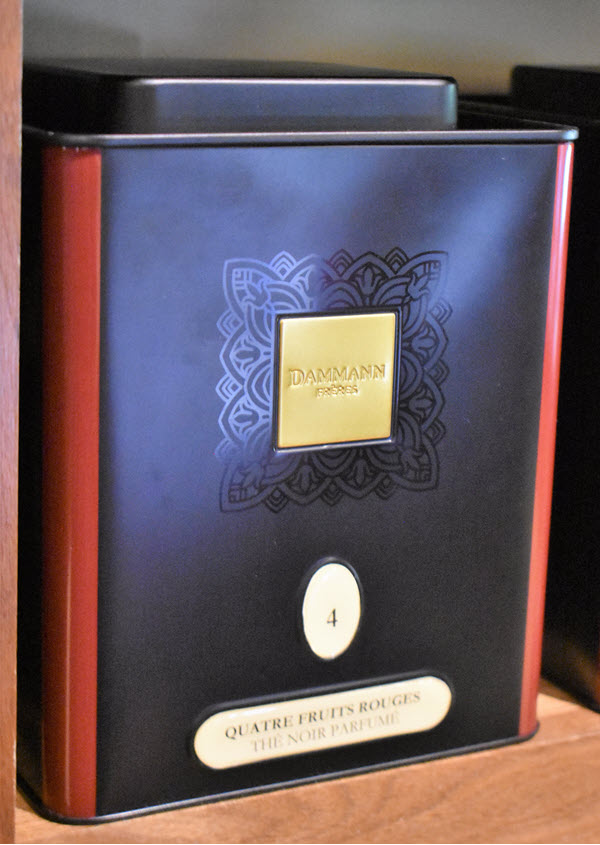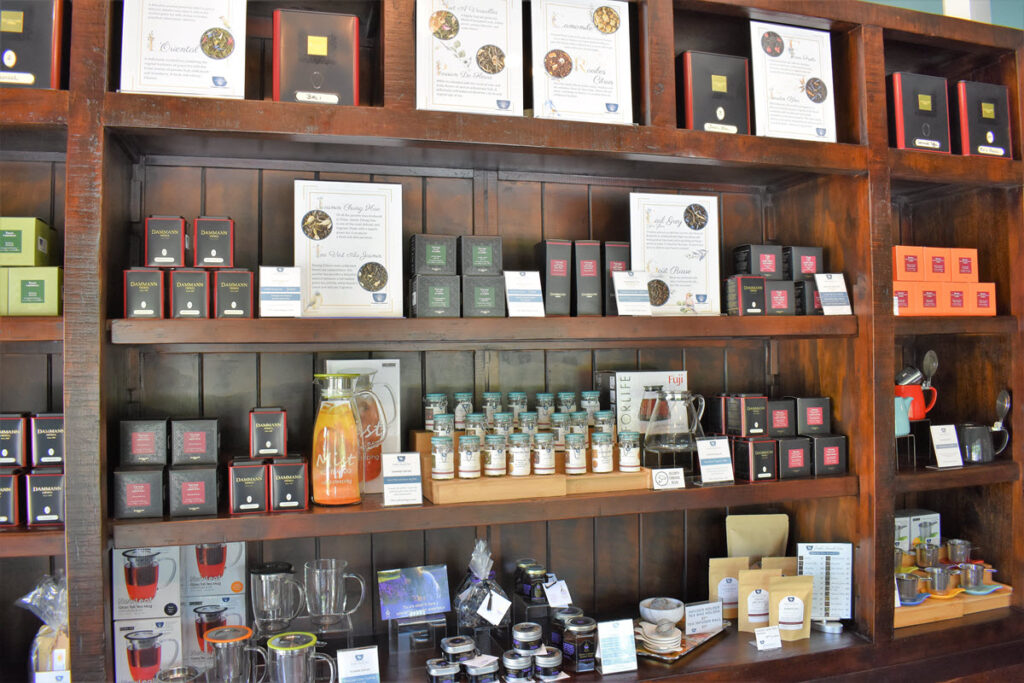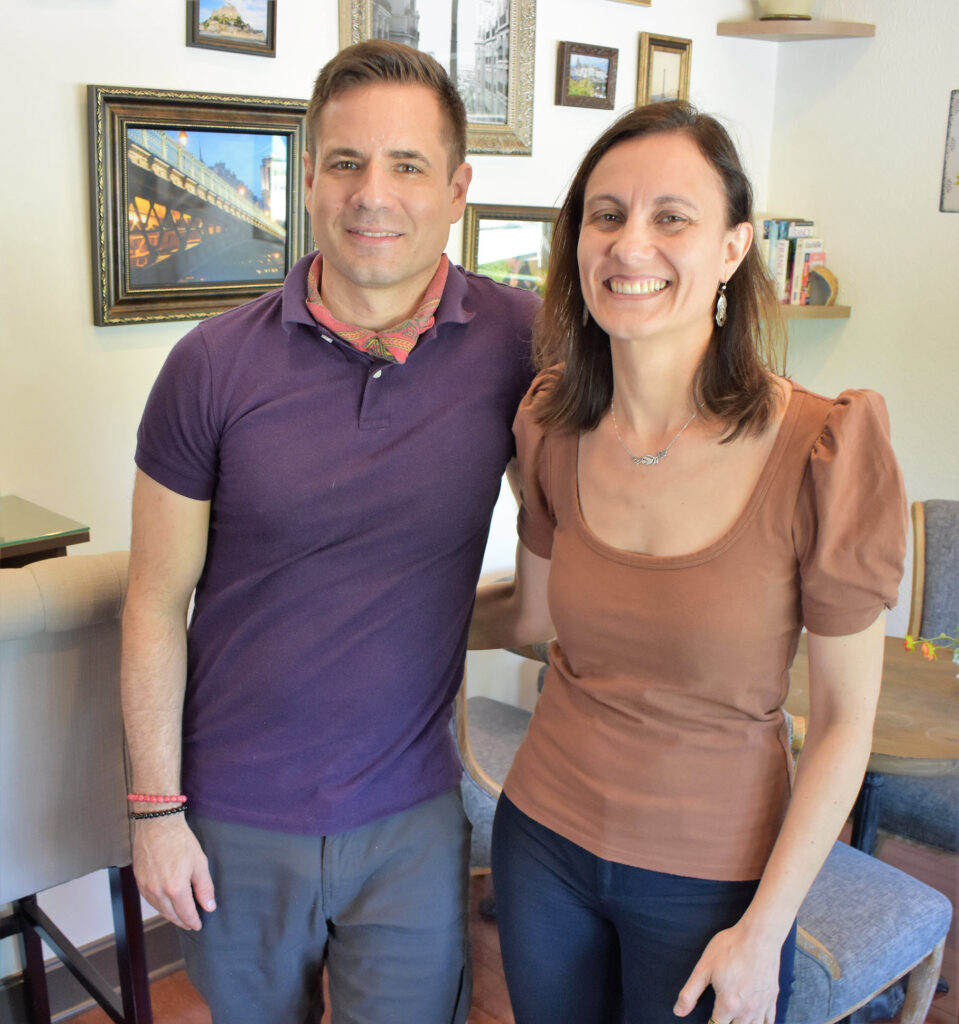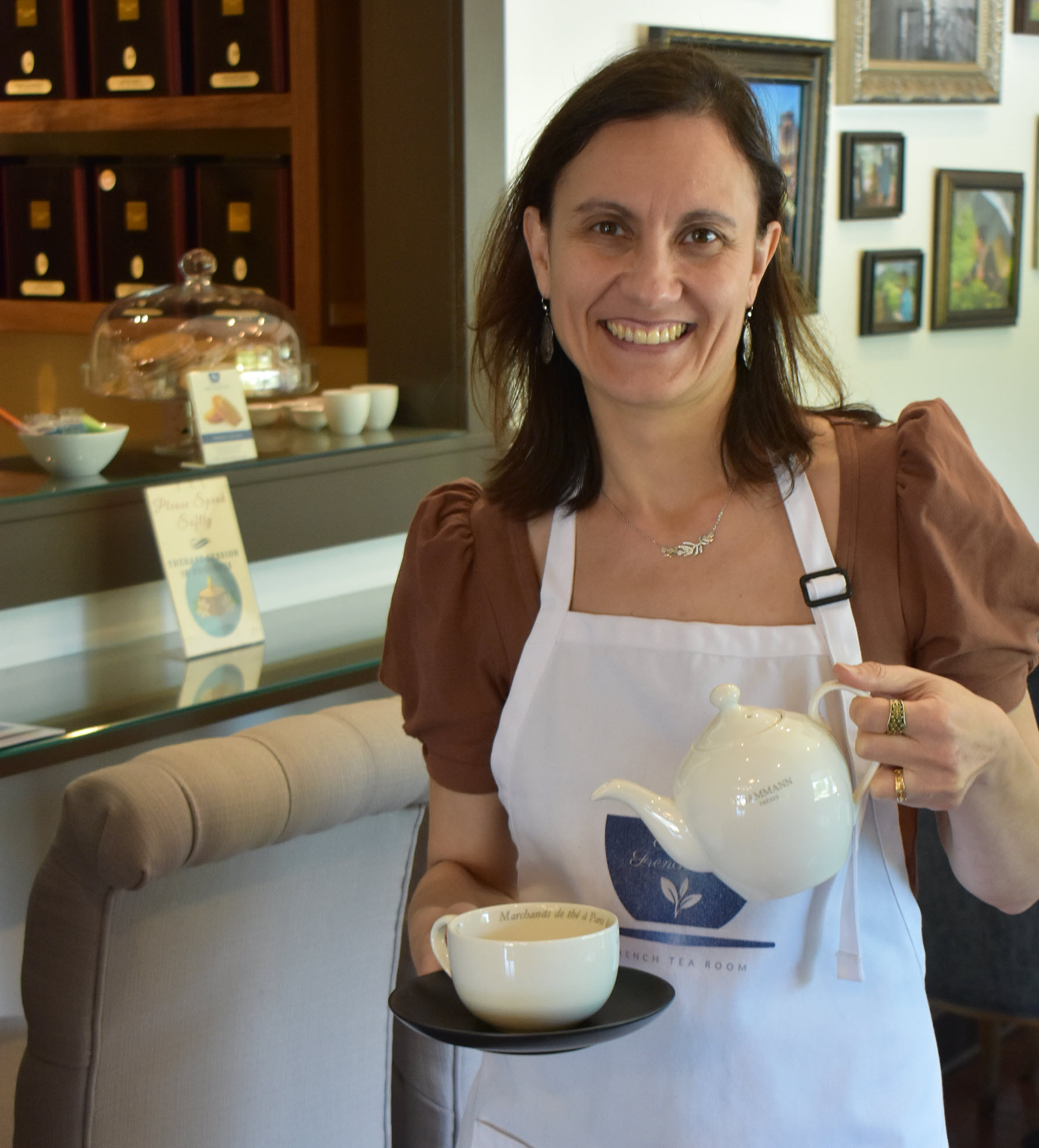Episode 153
Lunar New Year Will Boost Consumption and Tea Travel | Nepal Recovers from Foreign Currency Crisis | Pakistan’s Legal and Smuggled Tea Imports Climb
Tea News for the week ending February 2, 2024
Featured
The Toronto Tea Festival concluded on January 28, marking a turning point in 2024 as the crowd surged from a low of 2,600 in February 2020 to 4,000 attendees – a 25% increase from previous highs. Joining us today to discuss the changing dynamics is Tao Wu, co-founder of Tao Tea Leaf and one of the festival’s key organizers… but first, let’s listen to the excitement ON THE FLOOR at the weekend event.
Listen to the interview
Powered by RedCircle
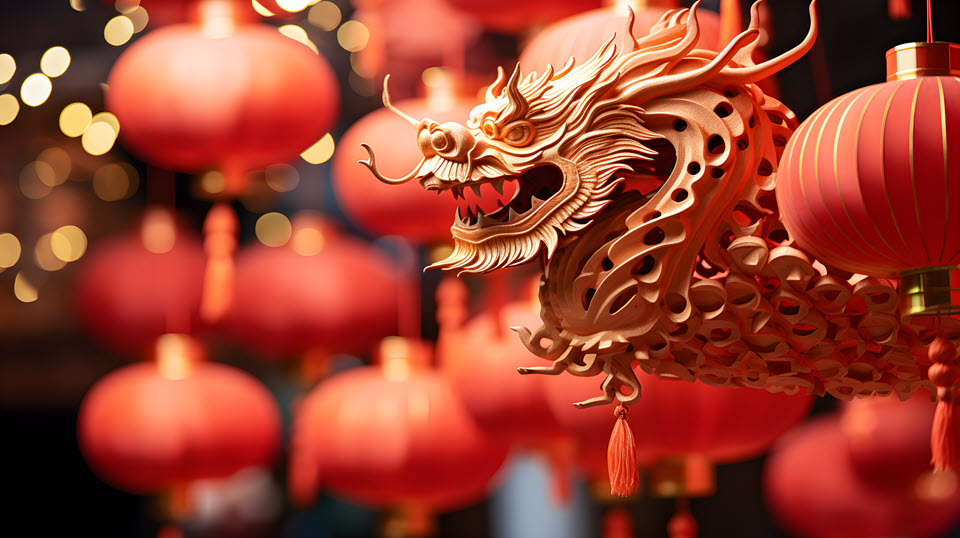
Lunar New Year to Boost Consumption and Tea Travel
The New Year that begins Saturday will bring renewed vigor to China’s tea economy as travel experts predict strong sales during the extra-long holiday.
“A year after COVID-19 restrictions were lifted in China, the eight-day Chinese New Year (CNY) holiday is expected to see a major surge in travel and consumption as people head home for family reunions or set off for a week of travel and tourism,” writes China Briefing.
Last year, Chinese border control agencies recorded 5.2 million inbound and outbound transits, a 4.7-fold increase approaching pre-pandemic totals. The Ministry of Culture and Tourism reported 135 million domestic trips. This is roughly in line with the figure seen during the holiday in 2019, according to the administration.
East Asian cultures celebrating the holiday include Koreans, Vietnamese, Tibetans, and Chinese. The Chinese New Year falls on Saturday, February 10, 2024, beginning the Year of the Dragon—the Wood Dragon.
The 2024 Spring Festival Holiday Travel Forecast Report, jointly compiled by Baidu Maps and the Highway Science Research Institute of the Ministry of Transport (MOT), forecasts that travel volume over the 2024 holiday will exceed last year by more than 40%, with the busiest day of travel being on the last day of the holiday (February 17) as everyone returns home (departures are more staggered).
According to the forecast, “One of the major trends noted in recent years is the mixing of tourism and (CNY) New Year celebrations, where families choose to get together in a new destination rather than in their hometown. Some of the most popular domestic destinations for this type of travel include Yunnan, Guangdong, Fujian, Beijing, and Harbin for winter getaways. For international travel, Southeast Asia remains the most popular destination. Search data from Baidu.com shows that families and children account for as much as 42% of the holiday tourism cohort.
Whereas short-haul travel became popular during the pandemic, longer-distance travel is now back in vogue. Data from online travel agency Trip.com indicates that travel within the same province or to peripheral provinces will account for just 25% of overall travel during the 2024 holiday, while inter-provincial long-distance travel will account for as much as 75%.
Tea vendors welcome the holiday as it draws large crowds to tea-producing regions and encourages gifting of tea and an increase in out-of-home consumption at restaurants.

Pakistan’s Legal and Smuggled Tea Imports Rise
Pakistan has emerged from deep financial difficulties, thirsty for tea.
According to the Pakistan Bureau of Statistics, tea imports surged 5.5% to $336 million during the first six months of the current fiscal year (July- December 2023). The increase is due in part to the reversal of trade deficits that crippled the country’s economy in 2022 and 2023.
Import volume grew by 9.1% to 138,750 metric tons in the current fiscal year, compared to 128,000 metric tons during the same period in fiscal 2022.
Exports are up 5% to $15 billion overall, but imports decreased by 16% to $26 billion, down from $31 billion during the same period last year.
The nation’s deficit from July to December (2023-24) declined to $11 billion, down by 34% during the fiscal year’s first half.
Scarcity and a spike in prices led to a high incidence of tea smuggling with the Afghan Transit Trade (ATT), estimated to have increased by 159% during fiscal years 2022-23. According to The Nation, Kenyan tea exports to Afghanistan totaled $75 million last year, up from $29 million in FY2021-22.
The newspaper reported, “Afghan authorities expressed shock over the 159% increase in the import of black tea. Afghans prefer green tea, according to an unnamed source who claimed Pakistani importers prefer to trade with Afghan traders instead of buying directly from Kenya. “The duty-free black tea is then smuggled back into Pakistan, which has caused loss to the national exchequer, the source argued.”

Nepal Recovers from Foreign Currency Crisis
Nepal achieved a record high of $13.3 billion in foreign currency reserves in December, reversing a two-year crisis.
According to Nepal Rastra Bank’s (NRB) report on the ‘Current Macroeconomic and Financial Situation of Nepal,’ reserves QUOTE “soared 13.6% in the past five months of the current fiscal year.” Remittance inflows were cited for adding $1.6 billion through December.
In 2022, Nepal was forced to limit imports of nonessential goods as its foreign currency reserves dipped. The cause was declining tourism and unusually low remittances from migrants who send home part of their earnings, one of the largest sources of foreign income for many developing countries.
Globally, remittances to low- and middle-income countries grew 5% in 2022 to $626 billion out of $767 billion worldwide. Nepal received $9.29 billion in remittances in 2022.
According to the NRB records, remittance inflows increased 28% to 613 billion rupees during the review period compared to a 23% increase in the previous year.
In US dollars, inflows increased 25% to $4.6 billion in the review period compared to 13% in the review period last year.
The tea industry, the largest foreign exchange earner after cardamom, is facing a crisis at a time when the National Tea and Coffee Development Board (NTCDB) has set a target of doubling foreign currency in the current fiscal year.
The newspaper My Republica writes that the Central Vice President of the All Nepal Trade Union, Bhupal Sapkota, blames the NTCDB for not effectively solving the problems of tea industrialists, businessmen, farmers, and workers. These include labor concerns, lack of irrigation systems, poor road infrastructure, and erratic distribution of electrical power and water supply.
Tea Board Executive Director Bishnu Prasad Bhattarai pledged to play an effective role in solving the existing problems in the tea sector and adequately address all the problems raised by the stakeholders.
Nepal earned NLRs 3.80 billion rupees, about $28.6 million in US foreign exchange dollars from tea exports last fiscal year. India, China, Sri Lanka, Russia, and the Netherlands are the main export markets.
There are 20,237 hectares of tea plantations in Nepal, mainly in Koshi province, with 38 CTC processing facilities. There are, in addition, 30 orthodox tea factories. Total employment is 70,000.
Nepal has set an ambitious target to transition from a World Bank-designated lower-income country to a status as a middle-income country by 2030.
FEATURE
Enthusiastic Young Crowd Sets Record Attendance at Toronto Festival
By Dan Bolton
Tao Wu and his sister Mingzhou Gao (an accountant) co-founded Tao Tea Leaf 14 years ago, opening their first three tea shops on Yonge Street in downtown Toronto. Tao and “Lisa” were raised in the Wuyi Mountain in China’s northwestern Fujian province, where their parents run a tea garden, and their brother has a tea shop and exports tea. In 2013, Tao was one of the original organizers of the Toronto Tea Festival. In this interview, he shares his observations and insights on the recently concluded 10th edition.
Listen to the Interview
Powered by RedCircle
Share this Post
Episode 153 | Lunar New Year Will Boost Consumption and Tea Travel | Nepal Recovers from Foreign Currency Crisis | Pakistan’s Legal and Smuggled Tea Imports Spike | PLUS The Toronto Tea Festival that concluded January 28 marks a turning point in 2024 as the crowd surged from a low of 2,600 in February 2020 to 4,000 attendees – a 25% increase from previous highs.
Sign up to receive Tea Biz weekly in your inbox.



